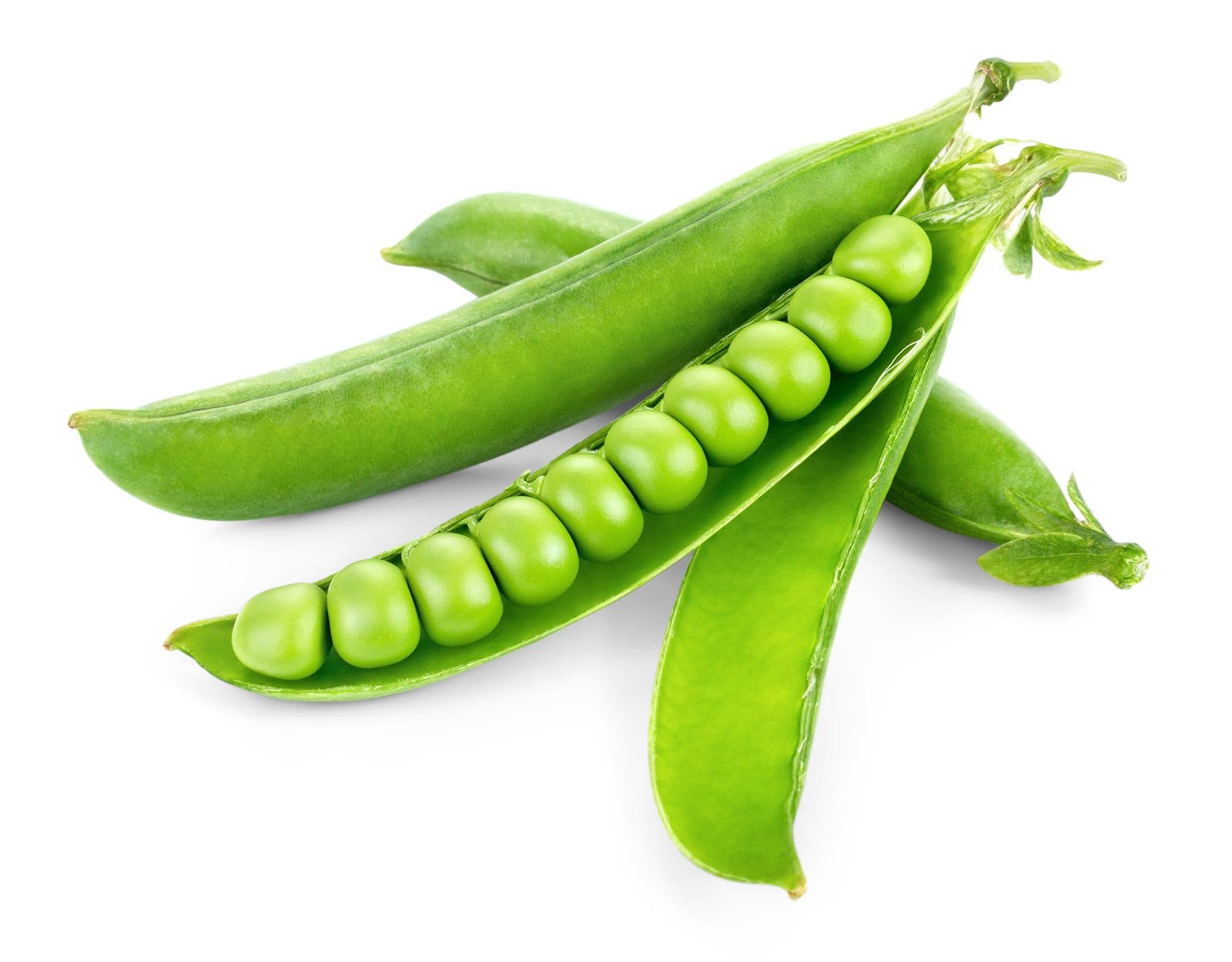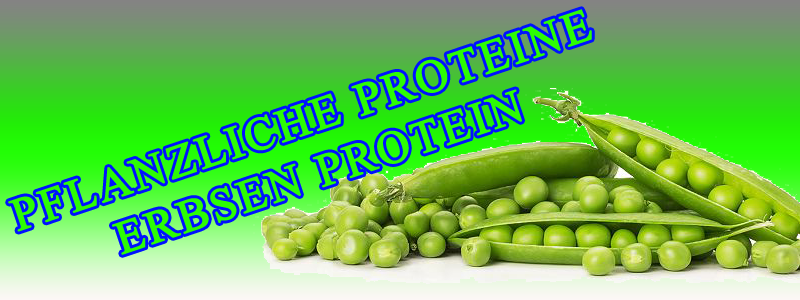When it comes to protein powder, most people think of animals. Whey Protein from the cow is by far the most popular product in the sports nutrition market and that is understandable. It has helped generations of athletes and bodybuilders gain muscle mass.
But animals are involved in the production of protein powder not the only option. They currently make up just over two-thirds of the world's protein, but the remaining 30 percent comes from vegetables, and that number is set to grow in the years to come.
Vegetable proteins already appeal to vegetarians who are ethically against eating animal-based products. But the attractiveness of vegetable proteins for non-vegetarian studio visitors is likely to increase. Athletes suffering from intolerance and allergies to dairy products will be impressed by the potential of vegetable protein for athletes.
We're not saying you can whey and Casein should delete - not at all. They are safe, effective, and mostly taste good. But remember, they are not the only option and that Vegetable protein Another weapon in your arsenal is enhancing your body that can deliver another taste sensation.
VEGETABLE PROTEINS

You may have from Soja heard, the most popular plant choice so far. There are also hemp seeds, brown rice and Brazil nuts, but one more vegetable has appeared on the market in the last 10 years - Pea protein.
Peas are not the type of food that is excessive occurs heavily in an athlete's diet. Sure they are tasty side dish, but hardly the cornerstone of a muscle building diet. A however, growing numbers of sports nutrition companies have started making pea protein blends next to their more traditional line of products.
PEA PROTEIN
Peas are legumes, which are good sources of protein and fiber, and very low in fat. Pea protein does not come from green peas, probably the most commonly consumed variant in the West, but from yellow peas, also known as split peas. Yellow peas grow in Canada and China. France is also one of the leading countries for the production of yellow peas (leading in the EU).
PEA PROTEIN PRODUCTION
The peas are cleaned and ground into flour, which is then separated into different components, including protein, with water. The protein is then coagulated into a paste before being redissolved, spray dried, and granulated to ensure easy mixing. No chemical solvents are used during the extraction process, only water.
BENEFITS OF PEA PROTEIN
- Hoher Proteingehalt
- reich an Aminosäure Lysin und Glutamine
- high in Arginine
- leicht verdaulich
- Lactose and gluten free
Hoher Proteingehalt
With 85% Protein Pea protein is richer in this important muscle building ingredient than other vegetable proteins. Pea protein also contains one excellent profile of essential and non-essential amino acids.
Rich in arginine
It is special good source für Arginine, contains 8.7% arginine per gram of protein, more than any other protein source, including soy (7.6%), egg white (5.1%), casein (3.8%) and whey (2.3%) . Arginine plays a huge role in building muscle because it helps in the synthesis of growth hormone Creatin is included and used to produce nitric oxide.
Rich in lysine and glutamine
Pea protein is also rich in that essential amino acid lysine and the non-essential amino acid glutamine.
Free from lactose
Erbsenprotein ist free from lactose and gluten, so it's great for people with these common food intolerances. Very digestible proteins are a good indicator of the bioavailability of the amino acids. In other words, if you can't digest it, you won't get the nutritional benefits. Pea protein is easy to digest and does not contain any major allergens.
PEA PROTEIN IS EASILY DIGESTIVE AND SUITABLE FOR PEOPLE WITH INTolerances and allergies
OTHER HEALTH BENEFITS OF PEA PROTEIN
Long Term - Relying on large amounts of animal protein can increase cholesterol levels and the potential risk of heart disease. Contain vegetable products low in saturated fat and cholesterol and are a good source of ungesättigtes Fett, Fiber, vitamins and minerals. Yellow peas, which are used for pea protein, are also low in content Phytosteroide (as opposed to soybeans), which minimizes possible estrogenic effects.
SPEED OF RELEASE OF PEA PROTEIN
Pea protein is digested more slowly than Whey Proteinbut faster than Casein. Its medium digestive speed provides the perfect amino acid pool to supply the muscles.
SUSTAINABILITY OF PEA PROTEIN
Environmental factors influence to an increasing extent Consumer behavior. As an example: The land requirement for the production of animal proteins is five times higher than what is plant-based proteins makes the latter a more sustainable product. Raising animals can also contribute to deforestation. The pea is a legume and as such in able to use nitrogen for growth. That's why she doesn't need one harmful nitrogen fertilizers. Generally speaking, the carbon footprint of vegetable protein Production is lower than for animal protein.
PEA PROTEIN IS GENETICALLY UNCHANGED
The EU has the production of genetically modified Fruits, including peas, are not approved, so pea protein is free from the concerns some people have about genetically modified Have food.
Erbsenprotein steht auf keiner Allergen-Liste.
already read…?



A comment
Comments are closed.